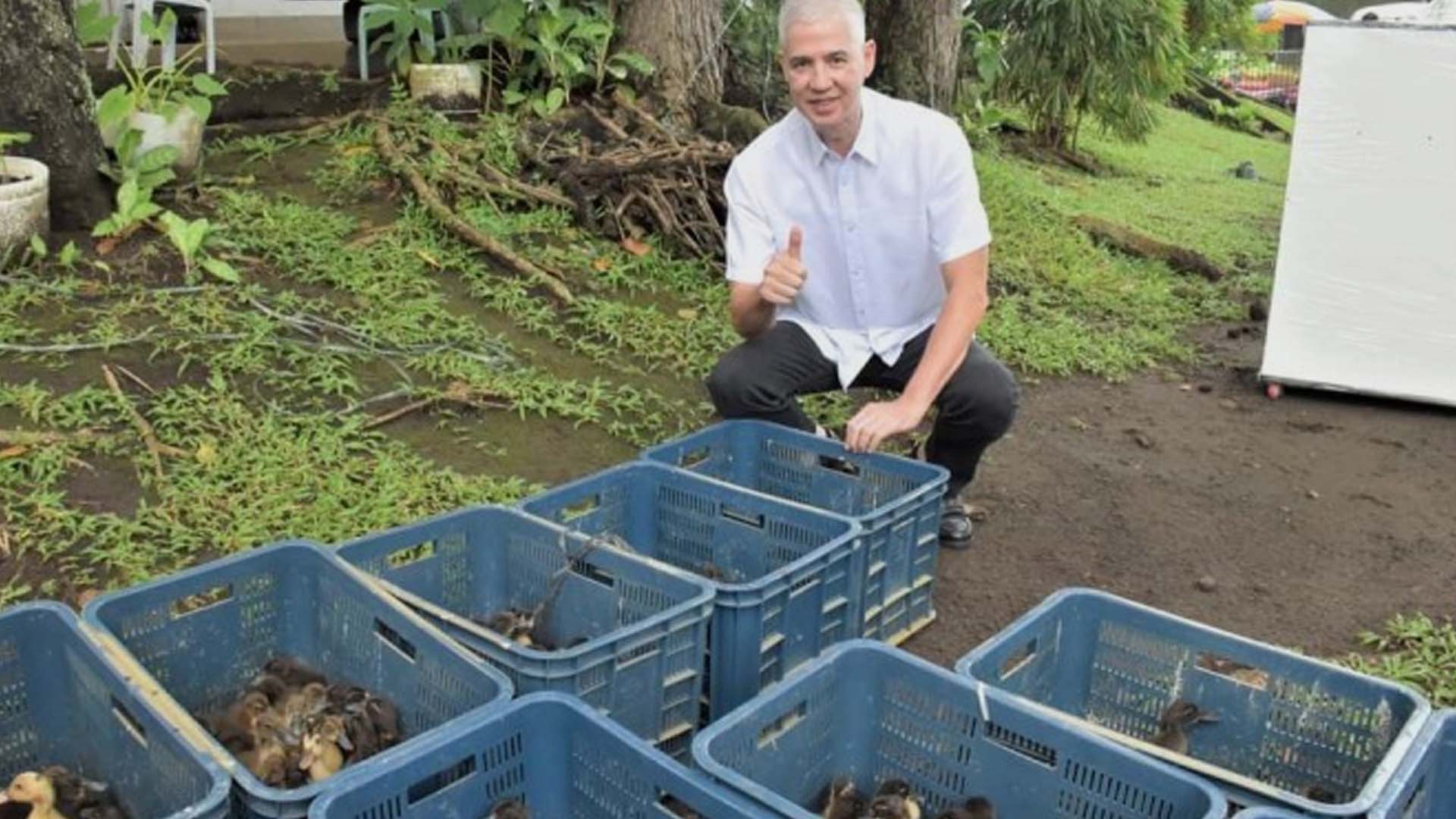The Negros Occidental provincial government is providing a PHP3.5-million support package to various farmers’ associations and civil society organizations to boost local balut production.
Under the Itik-Pinas (Duck) Raising for Balut Production Project implemented by the Provincial Veterinary Office (PVO), 25 groups were identified as beneficiaries, data from the Expanded Livestock Production and Livelihood Development Program on Tuesday showed.
Governor Eugenio Jose Lacson, who led the project turnover on Monday, said that while the province’s hog industry is still recovering from losses brought by transboundary animal diseases, his administration is looking for other means to assist animal raisers.
“I hope we can help you through this project. The balut requirement of Negros Occidental is almost 1 million pieces a month,” he added.
Balut, a popular Filipino delicacy made from incubated duck egg, is sold at a regular price of PHP35 each in Negros Occidental, including Bacolod City.
Third District Board Member Andrew Montelibano, chairman of the Provincial Board’s committee on food and agriculture, said Negros Occidental has a huge market for balut but still sources supply from other provinces to meet the local demand.
“We’re hoping that by next year, we will have higher production of duck eggs, and the balut that will be sold in the province will already come from you,” he told the recipient associations.
According to the PVO, the project seeks to fill the gap in the province’s balut supply of about 700,000 pieces a month, provide livelihood opportunities to farming communities and animal raisers affected by transboundary animal diseases, and support food sufficiency initiatives.
“There is a need to fill the supply gap. The province has an insufficient supply of balut. I hope this project will be successful and help your livelihood,” Dr. Placeda Lemana, provincial veterinarian, said.
The Itik-Pinas (Duck) Raising for Balut Production Project includes 5,000 heads of duckling, 25 units of incubator with 250 egg capacity, and 50 bags of duck feeds.
Each beneficiary has an allocation of 200 heads of ducklings, one unit of incubator, and two bags of duck feed.
“These inputs will be given to the beneficiary by way of a conditional deed of donation. The beneficiary counterpart will include housing, management, labor, feeds, and other inputs,” the PVO project briefer stated.
For sustainability, the provincial government will implement a roll-over scheme, which requires the recipient association to pay in-kind the same number and age of ducklings from the offspring to be given to the next-in-line beneficiary within the group, it added. (PNA)





